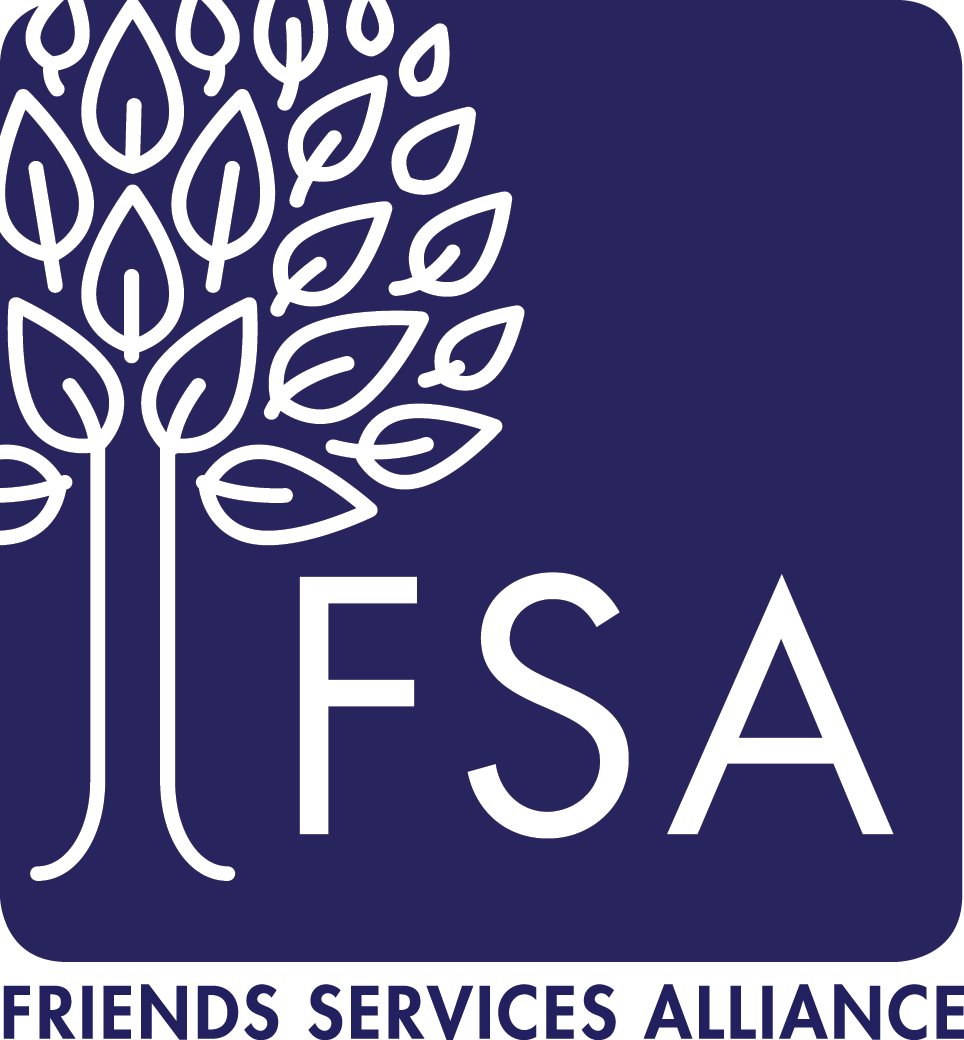Unprecedented. Get ready, because this overused descriptor once again will apply to the long-term care field.
In the wake of devastating losses in long-term care communities during the COVID-19 pandemic, nursing homes in particular need to prepare for increased scrutiny and regulatory oversight.
FSA has been following recent developments from policy makers and regulating bodies. Read on to get a heads-up on what’s coming – and how to prepare.
Media coverage has contributed to heightened regulatory focus
Over the past year, nursing homes have experienced – you guessed it – an unprecedented place in the media spotlight. Although some attention has focused on the value and importance of frontline caregivers, much of it vilified nursing homes for providing substandard care while prioritizing profit.
Earlier this year, for example, the New York Times exposed how some nursing homes manipulate data to maintain a higher rating in the CMS Five-Star Quality Rating System. (This rating system provides public access to information on the quality of care provided in nursing homes.)
The Times article highlighted inaccurate reporting of staffing levels and incidents of abuse, falls with injuries, and pressure ulcers. It also called out regulatory surveyors for issuing low-level deficiencies in response to high-level violations, such as abuse and lapses in infection control.
The article is available to Times subscribers here.
Potential areas of increased oversight in nursing homes
Industry authorities anticipate that the scope and frequency of inspections will intensify, and that nursing homes likely will experience increased oversight in the following areas:
- Infection control and the Infection Preventionist role
- Nursing home staffing and training
- Validation of quality reporting data
- Emergency preparedness, especially related to pandemics
- Reporting of incidents and alleged abuse and neglect
- Restoration of mandatory penalties for Immediate Jeopardy Violations, even with no harm
- A ban on Binding Arbitration Agreements in cases of resident harm or death from negligence
Expect vigorous FCA enforcement
After some limitations due to the pandemic, health care fraud enforcement under the False Claims Act (FCA) will see renewed efforts, according to the January 11, 2021 Report on Medicare Compliance. (Subscribers have access here.)
Enforcement priorities are likely to include the following:
- Anti-kickbacks
- Opioid enforcement, especially looking at providers who link opioid prescriptions to orders for unnecessary tests and evaluation services
- COVID-19 fraud, investigating misuse of funds received through the Provider Relief Fund and Paycheck Protection Program
- HIPAA right-of-access to residents’ records, which must be provided in a timely manner to avoid repercussions
- Cases against skilled nursing facilities that bill Medicare for substandard care
Also probable: broader nursing home reform
In addition to increased regulatory oversight, more broad-based nursing home reform may be on the horizon. Recognizing lessons learned from the pandemic and the need for meaningful change, Leading Age and the American Healthcare Association partnered to propose the “Care for our Seniors Act” in March 2021.
The Act recommends policy reform in the following areas:
- Clinical: Enhancing quality of care
- Workforce: Strengthening and supporting frontline caregivers
- Oversight: Improving systems to be more resident driven
- Structural: Modernizing for resident dignity and safety
The groups also set forth a proposal of investment strategies to fund the necessary changes, acknowledging that policymakers must provide the financial support to make this happen.
How to prepare? Ensure compliance.
Let’s meet the moment with an unprecedented commitment to safety, quality and happiness for our residents and staff members alike.
While we await possible regulatory change, nursing homes and other long-term care facilities must maintain vigilant compliance with all federal and state regulations.
Ensure that your organization’s Risk Assessment is current and that appropriate auditing and monitoring are in place to maximize compliance with regulations in the areas of highest risk.
For additional guidance, refer to FSA’s recent series on formulating an effective compliance and ethics program.
Also, check out other FSA compliance and risk management resources, including our quarterly compliance education packets, which are available to FSA program participants. Not a participant? Learn more here.
Friends Services Alliance (FSA) is a national professional association of values-aligned organizations that serve seniors. Our support services include a team of Compliance and Risk Management experts who have supported organizations in developing and maintaining effective Compliance and Ethics Programs for over 20 years




